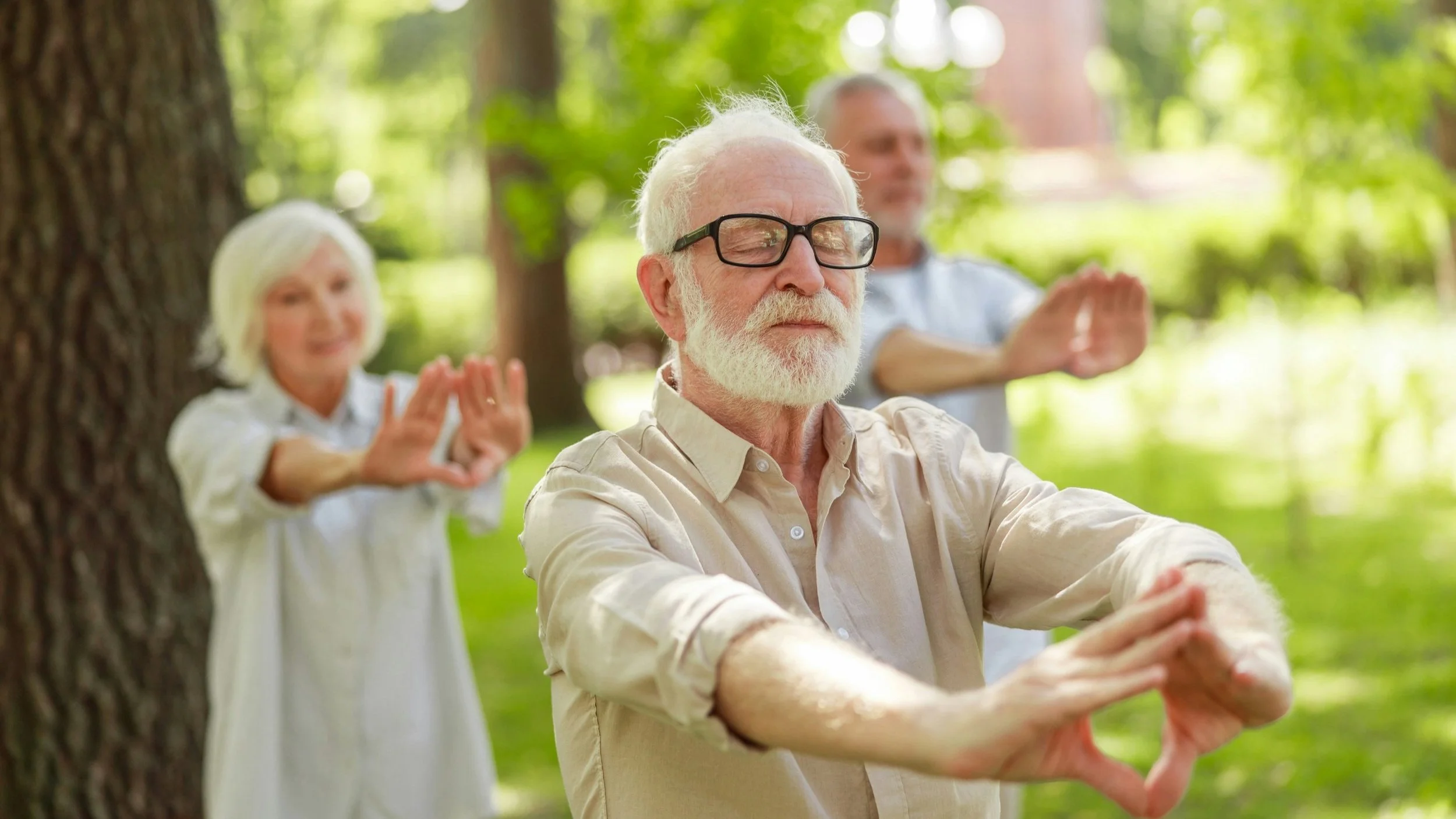Living Well with Parkinson’s: Making a Difference Beyond Medication
For many, a Parkinson’s diagnosis comes with little more than a prescription and a pamphlet. But behind the scenes, growing research is showing that what you do every day — how you eat, move, sleep, and manage stress — can directly impact how you experience Parkinson’s, and how it progresses.
This isn’t a promise of a cure. It’s a call to take back a sense of control.
Parkinson’s Affects More Than Movement — and So Should Your Care
Tremor, stiffness, slowness — these are the hallmark motor symptoms. But Parkinson’s also affects:
Mood and motivation (due to changes in dopamine and brain chemistry)
Constipation and digestion (as the gut-brain axis becomes disrupted)
Sleep quality (especially REM sleep behaviour disorder and insomnia)
Fatigue and apathy (linked to both inflammation and mitochondrial function)
Medication can help — but it doesn't solve all of this. That’s where lifestyle medicine comes in.
2. Food as Function: Eating for Your Brain, Gut, and Energy
Emerging evidence links nutrition directly to symptom management and brain resilience.
Key strategies:
Lower inflammation with a Mediterranean-style diet: olive oil, oily fish, leafy greens, berries, and nuts
Support gut bacteria (which help regulate dopamine) with prebiotics and fermented foods like kefir or sauerkraut
Improve constipation with water, flaxseeds, magnesium-rich foods, and soluble fibre
Stabilise energy and avoid dopamine dips by balancing protein intake, especially around levodopa timing
These aren’t fads. They’re practical, evidence-based choices you can build gradually into your routine.
3. Targeted Movement That Literally Rewires Your Brain
Exercise has neuroprotective effects in Parkinson’s. That’s not theory — it’s been shown in brain scans and motor outcomes.
Best movement strategies for Parkinson’s:
Forced intensity (like brisk cycling or boxing) can improve motor symptoms and coordination
Tai Chi and dance support balance, proprioception, and fall prevention
Strength training helps counter muscle loss and mobility challenges
Consistency (not perfection) is the single biggest predictor of benefit
The earlier you start moving — even if it’s 5 minutes a day — the greater the long-term benefit.
4. Sleep and Stress: Silent Drivers of Symptom Flare-Ups
Poor sleep is a major issue in Parkinson’s, worsening fatigue, mood, and even tremors.
Consider:
Addressing sleep hygiene: Regular wake/sleep times, blue light filters, magnesium-rich foods
Mind-body practices like breathwork or yoga, which have been shown to reduce rigidity and anxiety
Working with your provider to identify underlying contributors like REM sleep disorder or nocturia
And for stress? Chronic cortisol spikes reduce dopamine function and make symptoms harder to manage. Small stress-reduction habits (even just 3 minutes a day) have measurable neurological benefit.
5. Build a Personal Plan — Not a Perfect One
Living well with Parkinson’s isn’t about fixing everything. It’s about knowing what matters most for you.
Maybe it’s reducing stiffness so you can keep gardening.
Maybe it’s stabilising energy to enjoy your mornings again.
Maybe it’s just getting through the week with more clarity and less fear.
The best approach is one that meets your biology, your lifestyle, and your priorities — and adapts over time.
Final Thought: You Are Not Powerless
We’re not here to replace medical care. We’re here to expand it — with approaches that focus on the whole person, not just the prescription.
Because living with Parkinson’s isn’t just about managing symptoms. It’s about staying connected, functional, and hopeful — for as long and as well as possible.
Would you like a tailored care plan, support with implementing lifestyle changes, or to connect with others walking the same path?
